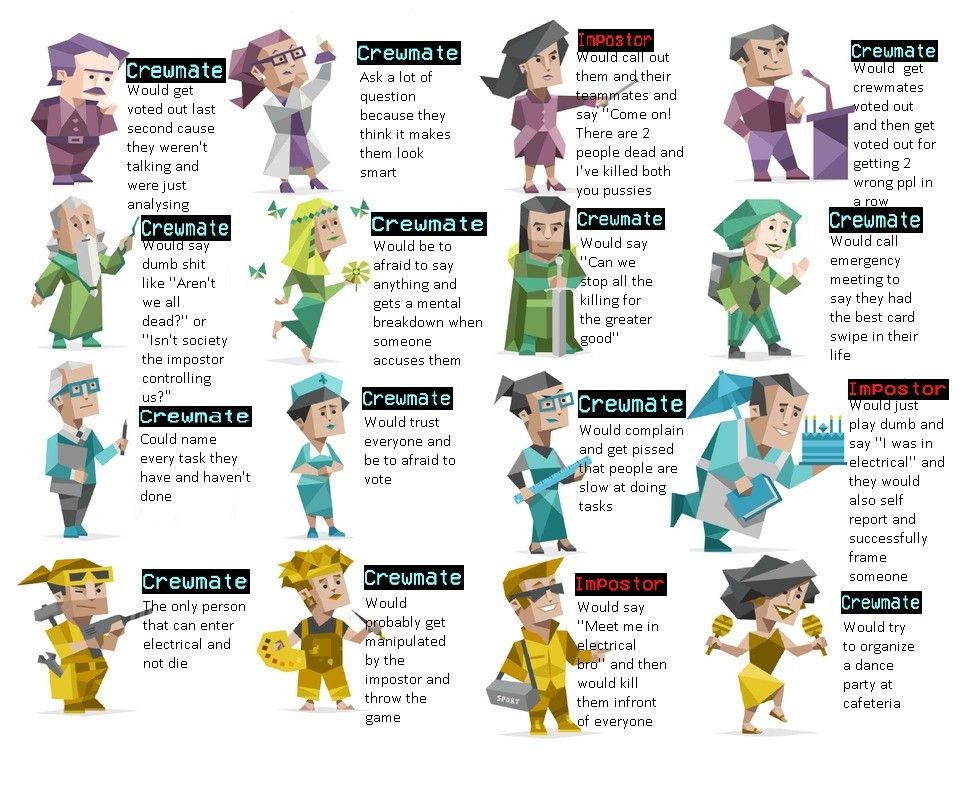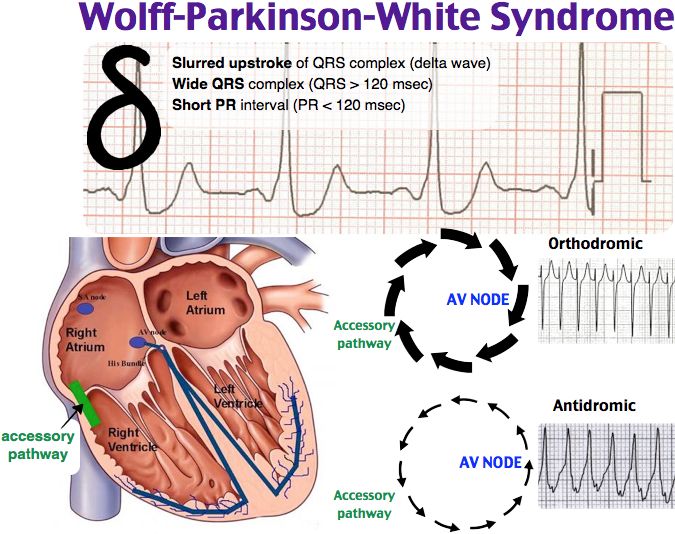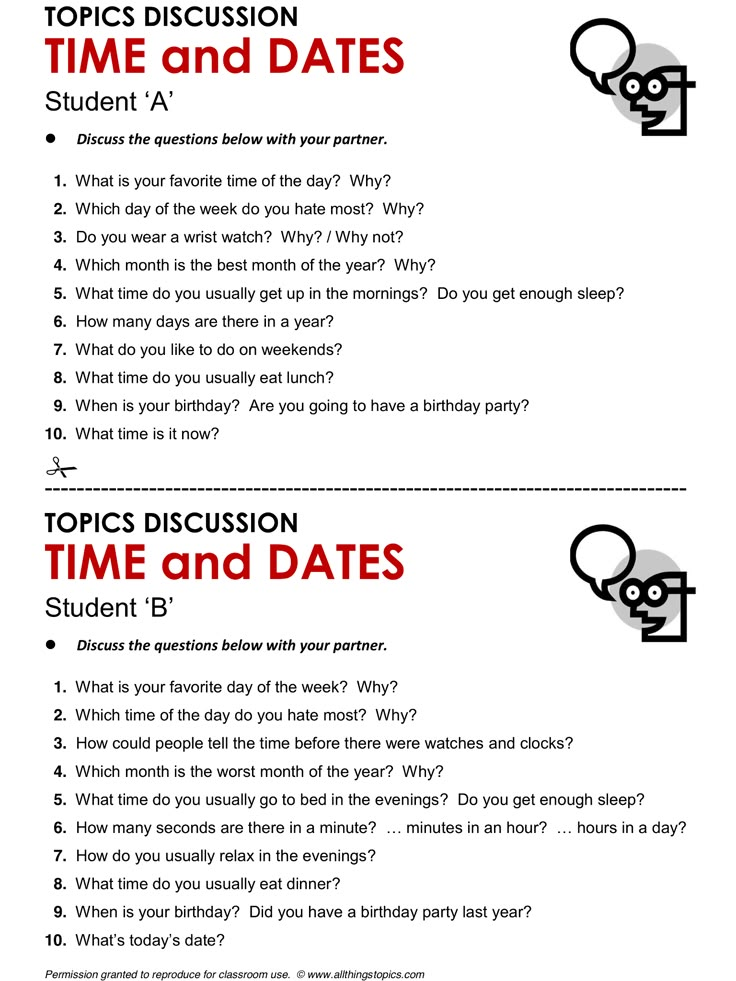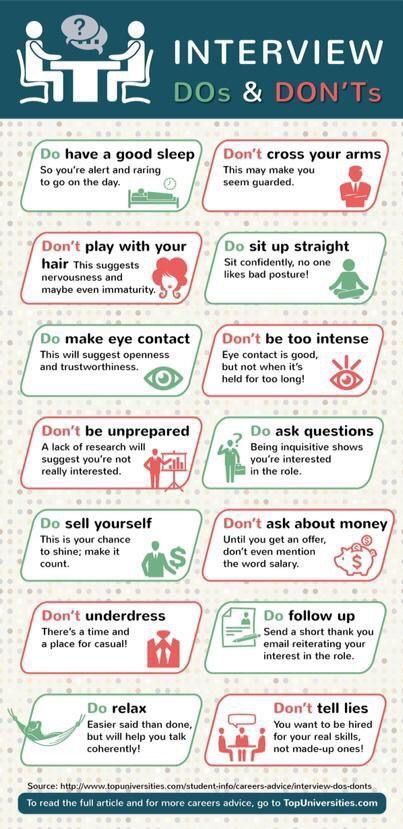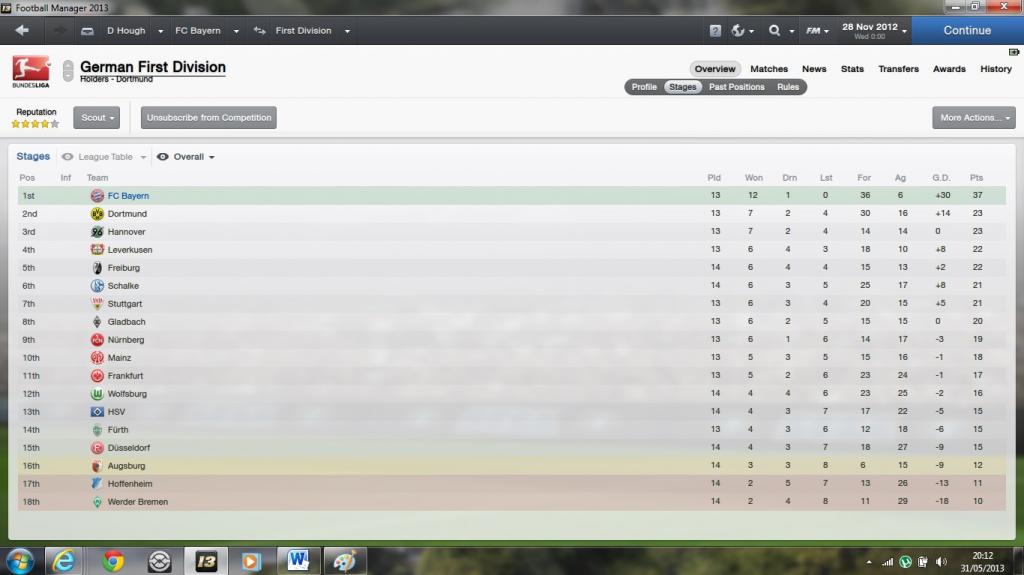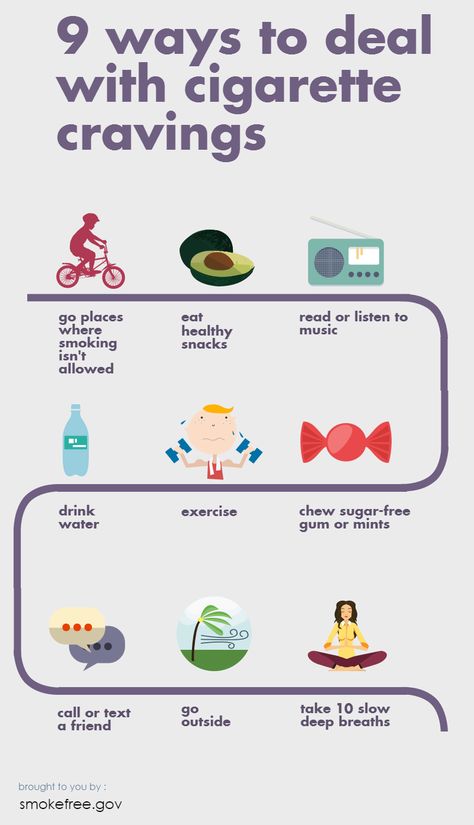How to deal with severe anxiety
Get help with anxiety, fear or panic
Most people feel anxious or scared sometimes, but if it's affecting your life there are things you can try that may help.
Support is also available if you're finding it hard to cope with anxiety, fear or panic.
Symptoms of anxiety
Anxiety can cause many different symptoms. It might affect how you feel physically, mentally and how you behave.
It's not always easy to recognise when anxiety is the reason you're feeling or acting differently.
Physical symptoms- faster, irregular or more noticeable heartbeat
- feeling lightheaded and dizzy
- headaches
- chest pains
- loss of appetite
- sweating
- breathlessness
- feeling hot
- shaking
- feeling tense or nervous
- being unable to relax
- worrying about the past or future
- feeling tearful
- not being able to sleep
- difficulty concentrating
- fear of the worst happening
- intrusive traumatic memories
- obsessive thoughts
- not being able to enjoy your leisure time
- difficulty looking after yourself
- struggling to form or maintain relationships
- worried about trying new things
- avoiding places and situations that create anxiety
- compulsive behaviour, such as constantly checking things
Symptoms of a panic attack
If you experience sudden, intense anxiety and fear, it might be the symptoms of a panic attack. Other symptoms may include:
- a racing heartbeat
- feeling faint, dizzy or lightheaded
- feeling that you're losing control
- sweating, trembling or shaking
- shortness of breath or breathing very quickly
- a tingling in your fingers or lips
- feeling sick (nausea)
A panic attack usually lasts 5 to 30 minutes. They can be frightening, but they're not dangerous and should not harm you.
Things you can try to help with anxiety, fear and panic
Do
-
try talking about your feelings to a friend, family member, health professional or counsellor. You could also contact Samaritans, call: 116 123 or email: [email protected] if you need someone to talk to
-
use calming breathing exercises
-
exercise – activities such as running, walking, swimming and yoga can help you relax
-
find out how to get to sleep if you're struggling to sleep
-
eat a healthy diet with regular meals to keep your energy levels stable
-
consider peer support, where people use their experiences to help each other.
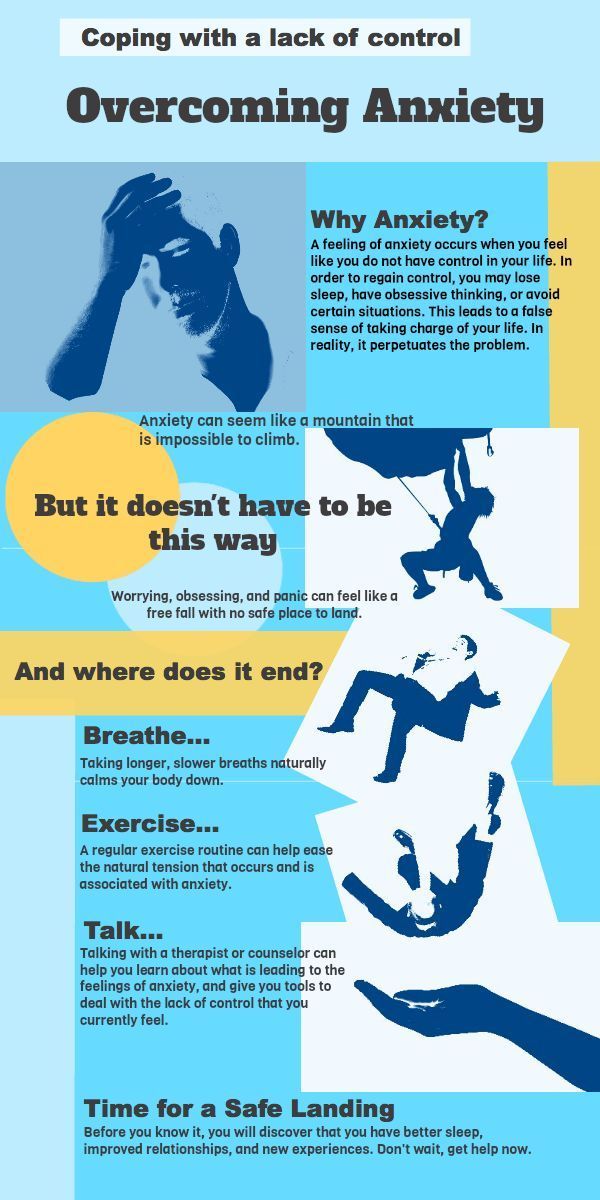 Find out more about peer support on the Mind website
Find out more about peer support on the Mind website -
listen to free mental wellbeing audio guides
Don’t
-
do not try to do everything at once – set small targets that you can easily achieve
-
do not focus on the things you cannot change – focus your time and energy into helping yourself feel better
-
do not avoid situations that make you anxious – try slowly building up time spent in worrying situations to gradually reduce anxiety
-
try not to tell yourself that you're alone; most people experience anxiety or fear at some point in their life
-
try not to use alcohol, cigarettes, gambling or drugs to relieve anxiety as these can all contribute to poor mental health
Audio: How to cope with anxiety – a relaxation technique
In this audio guide, a doctor explains how you can take control of anxiety.
Media last reviewed: 2 March 2021
Media review due: 2 March 2024
Information:
Further information and support
- Mind: anxiety and panic attacks – how can I help myself?
- Mind: anxiety and panic attacks – what is a panic attack?
- Every Mind Matters: self-help cognitive behavioural therapy (CBT) techniques – get help with anxiety and worries, improve your sleep and boost your mental wellbeing
Where to get NHS help for anxiety, fear and panic
Referring yourself for therapy
If you need more support, you can get free talking therapies like cognitive behavioural therapy (CBT) on the NHS.
You can refer yourself directly to an NHS talking therapies service without a referral from a GP.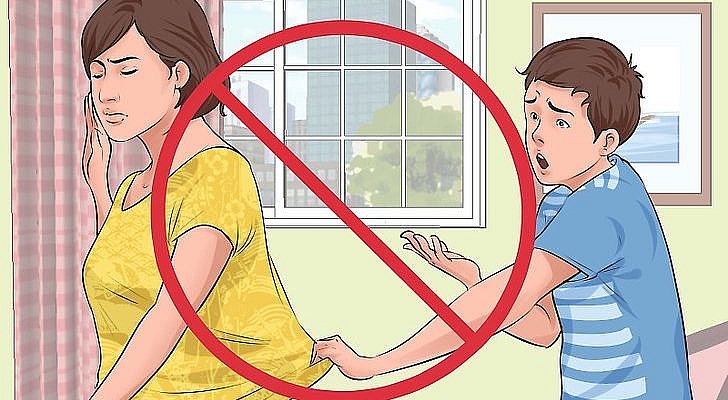
Non-urgent advice: See a GP if:
- you're struggling to cope with anxiety, fear or panic
- things you're trying yourself are not helping
- you would prefer to get a referral from a GP
Urgent advice: Ask for an urgent GP appointment or call 111 if:
- you need help urgently, but it's not an emergency
111 can tell you the right place to get help if you need to see someone. Go to NHS 111 online or call 111.
Immediate action required: Call 999 or go to A&E now if:
- you or someone you know needs immediate help
- you have seriously harmed yourself – for example, by taking a drug overdose
A mental health emergency should be taken as seriously as a medical emergency.
Find your nearest A&E
Causes of anxiety, fear and panic
There are many different causes of anxiety, fear or panic and it's different for everyone.
When you're feeling anxious or scared, your body releases stress hormones, such as adrenaline and cortisol.
This can be helpful in some situations, but it might also cause physical symptoms such as an increased heart rate and increased sweating. In some people, it might cause a panic attack.
Regular anxiety, fear or panic can also be the main symptom of several health conditions. Do not self-diagnose – speak to a GP if you're worried about how you're feeling.
Identifying the cause
If you know what's causing anxiety, fear or panic, it might be easier to find ways to manage it.
Some examples of possible causes include:
- work – feeling pressure at work, unemployment or retirement
- family – relationship difficulties, divorce or caring for someone
- financial problems – unexpected bills or borrowing money
- health – illness, injury or losing someone (bereavement)
- difficult past experiences – bullying, abuse or neglect
Even significant life events such as buying a house, having a baby or planning a wedding could lead to feelings of stress and anxiety.
You might find it hard to explain to people why you feel this way, but talking to someone could help you find a solution.
Find out more about the 5 steps to mental wellbeing.
Conditions related to anxiety, fear and panic
| Symptoms | Possible cause |
|---|---|
| feelings of anxiety that will not go away, anxiety is affecting your life | generalised anxiety disorder |
| overwhelming fear of something specific like an object, place or animal | phobias |
| regularly experiencing panic attacks | panic disorder |
| often reliving traumatic past experiences, nightmares and flashbacks | post-traumatic stress disorder |
11 tips for coping with an anxiety disorder
Speaking of Health
Topics in this Post
- Behavioral Health
- Anxiety
- Balance your mental and emotional health
Having occasional feelings of anxiety is a normal part of life, but people with anxiety disorders experience frequent and excessive anxiety, fear, terror and panic in everyday situations. These feelings are unhealthy if they affect your quality of life and prevent you from functioning normally.
These feelings are unhealthy if they affect your quality of life and prevent you from functioning normally.
Common symptoms of anxiety disorders include:
- Feeling nervous
- Feeling helpless
- A sense of impending panic, danger or doom
- Increased heart rate
- Hyperventilation
- Sweating
- Trembling
- Obsessively thinking about the panic trigger
These feelings of anxiety and panic can interfere with daily activities and be difficult to control. They are out of proportion to the actual danger and can cause you to avoid places or situations.
You should see your health care provider if your anxiety is affecting your life and relationships. Your provider can help rule out any underlying physical health issue before seeing a mental health professional.
While most people with anxiety disorders need psychotherapy or medications to get anxiety under control, lifestyle changes and coping strategies also can make a difference.
Here are 11 tips for coping with an anxiety disorder:
- Keep physically active.
Develop a routine so that you're physically active most days of the week. Exercise is a powerful stress reducer. It can improve your mood and help you stay healthy. Start out slowly, and gradually increase the amount and intensity of your activities. - Avoid alcohol and recreational drugs.
These substances can cause or worsen anxiety. If you can't quit on your own, see your health care provider or find a support group to help you. - Quit smoking, and cut back or quit drinking caffeinated beverages.
Nicotine and caffeine can worsen anxiety. - Use stress management and relaxation techniques.
Visualization techniques, meditation and yoga are examples of relaxation techniques that can ease anxiety. - Make sleep a priority.
Do what you can to make sure you're getting enough sleep to feel rested.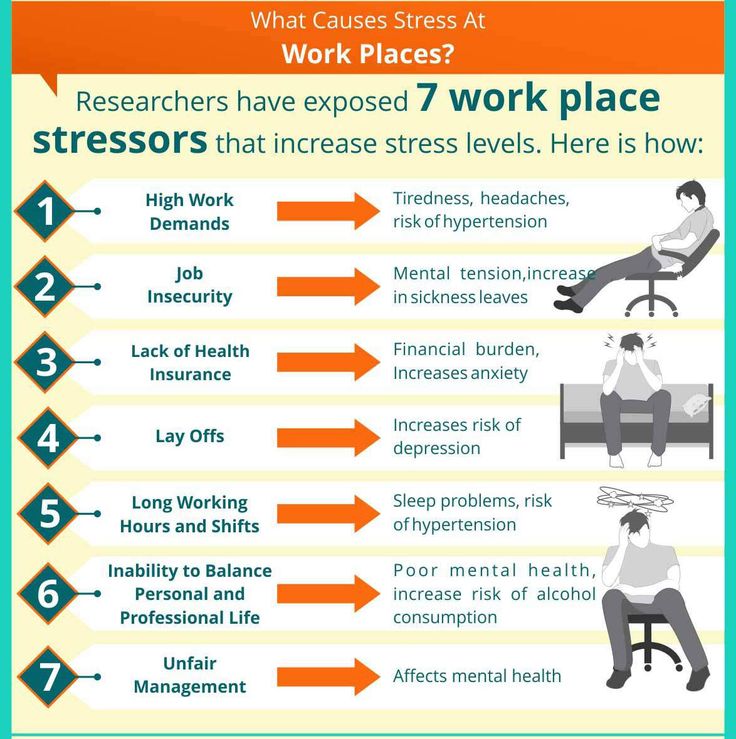 If you aren't sleeping well, talk with your health care provider.
If you aren't sleeping well, talk with your health care provider. - Eat healthy foods.
A healthy diet that incorporates vegetables, fruits, whole grains and fish may be linked to reduced anxiety, but more research is needed. - Learn about your disorder.
Talk to your health care provider to find out what might be causing your specific condition and what treatments might be best for you. Involve your family and friends, and ask for their support. - Stick to your treatment plan.
Take medications as directed. Keep therapy appointments and complete any assignments your therapist gives. Consistency can make a big difference, especially when it comes to taking your medication. - Identify triggers.
Learn what situations or actions cause you stress or increase your anxiety. Practice the strategies you developed with your mental health provider so you're ready to deal with anxious feelings in these situations.
- Keep a journal.
Keeping track of your personal life can help you and your mental health provider identify what's causing you stress and what seems to help you feel better. - Socialize.
Don't let worries isolate you from loved ones or activities.
Your worries may not go away on their own, and they may worsen over time if you don't seek help. See your health care provider or a mental health provider before your anxiety worsens. It's easier to treat if you get help early.
Learn more about anxiety management:
- 5, 4, 3, 2, 1: Countdown to make anxiety blast off
- 9 ways to tame anxiety during the COVID-19 pandemic
- Addressing your mental health by identifying the signs of anxiety and depression
Siri Kabrick is a nurse practitioner in Psychiatry & Psychology in Fairmont, Minnesota.
For the safety of our patients, staff and visitors, Mayo Clinic has strict masking policies in place. Anyone shown without a mask was either recorded prior to COVID-19 or recorded in a non-patient care area where social distancing and other safety protocols were followed.
Anyone shown without a mask was either recorded prior to COVID-19 or recorded in a non-patient care area where social distancing and other safety protocols were followed.
Topics in this Post
- Behavioral Health
- Anxiety
- Balance your mental and emotional health
Anxiety disorders: Is it really all in your head?
Use mindfulness to improve well-being
National Bullying Prevention Month: Educating children and ourselves
How to cope with anxiety: 7 ways to help ‹ GO Blog
Anxiety is an emotional state caused by the expectation of danger or threat. While fear is a basic human emotion associated with the instinct of self-preservation, and appears directly at the moment of danger.
The terms "fear" and "anxiety" are not synonymous, but they can be used interchangeably when it comes to situational anxiety (state at a given moment in time).
In the normal state, the self-preservation function encourages action, but there are also moments of apathy when anxiety intensifies.
We will tell you how to cope with anxiety on your own and determine its level in yourself.
Read more: "9 Proven Ways to Beat Procrastination"
How to Measure Anxiety
American psychologist Charles Spielberger studied more than 117 signs of human anxiety and created a scale to determine its level. His "assessment of the level of anxiety" is divided into situational and personal. Situational is responsible for the state at a given moment in time and the influence of external circumstances - for example, self-isolation. Personal - character of a person.
To determine “your level” of anxiety, you can take a test of 40 short questions.
What causes anxiety
The main factors that provoke increased anxiety in us are loneliness, problems at work, problems in relationships, health, environment and all sorts of conflicts.
Our way of life also has a great influence. For example, we are more likely to experience anxiety states if we are constantly on the phone or watching the news on TV. Digital progress has certainly made our life faster and better, but we pay for this comfort with an additional level of stress, new fears and complexes due to the large flow of news.
Try to minimize the number of hours spent on the Internet. Go outdoors, read, do yoga, cook, cross-stitch, build LEGOs – there are so many more options than you might think.
Stages of anxiety
– Waiting alarm. People who foresee the most unfavorable of all possible situations suffer. Such anxiety can appear at certain moments or haunt a person constantly.
– Anxiety in the form of phobias is associated with certain situations and objects. For example, fear of loneliness, spiders or darkness. May be a clinical case if expressed in the form of panic attacks.
- Neurotic anxiety.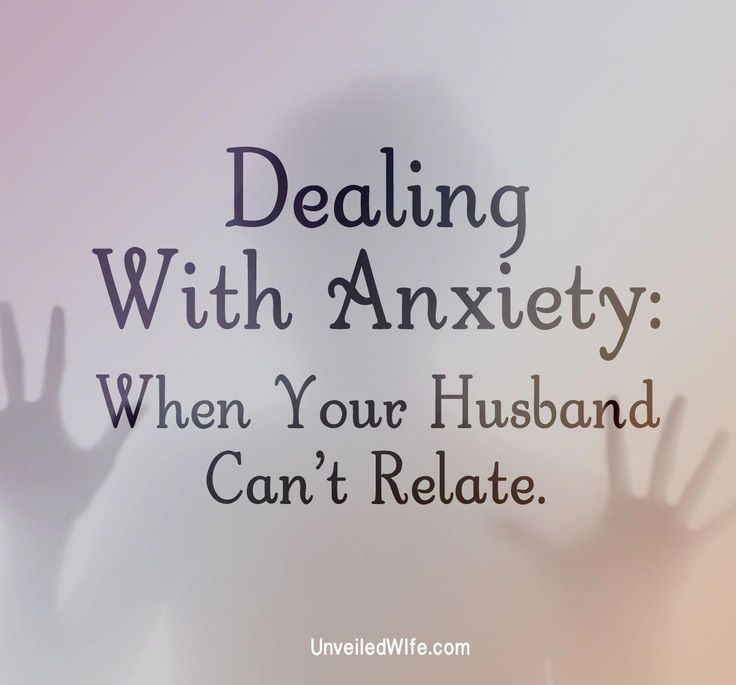 This form of anxiety is the most serious and is found in many psychological diseases: hysterical, schizoid. There is a pathological level of fear here that destroys the mental health of a person.
This form of anxiety is the most serious and is found in many psychological diseases: hysterical, schizoid. There is a pathological level of fear here that destroys the mental health of a person.
The whole planet is now in fear of waiting due to the incessant flow of news and uncertainty. "Fear of waiting" or "free fear" is formed due to the information flow in which we are constantly immersed. The tools that help to cope with situational anxiety, which has no connection with clinical cases, will be described below.
False alarm
Feelings of fear are easily confused, so before we talk about how to get rid of anxiety, we will learn how to identify it.
There are situations when we do not distinguish between emotions, so the so-called "false alarm" is formed. In this case, the first thing psychologists can advise is to learn how to isolate anxiety from a large stream of other emotions. Observe for yourself - in what situations you are overcome by anxiety. Divide these situations into those in which anxiety is justified and those where it is not.
Divide these situations into those in which anxiety is justified and those where it is not.
For example, you are on a bus and as you approach the bus stop, you are overtaken by a feeling of anxiety. On the one hand, this may be due to fear that you will miss your stop, or a sense of shame, as it is embarrassing to ask the driver to stop the car.
Another example is when you want to ask the teacher in class, but you are afraid to raise your hand. This fear may arise from self-doubt and the expectation that classmates will laugh at you.
Sometimes anxiety is born from some other feelings, such as shame or insecurity. Realizing this and overcoming it, you no longer have a reason for concern, and with it the state of anxiety disappears.
Read more: “How to stop being shy and get rid of the language barrier”
How to cope with anxiety
Detail
Alarm often occurs due to uncertainty in actions and feelings.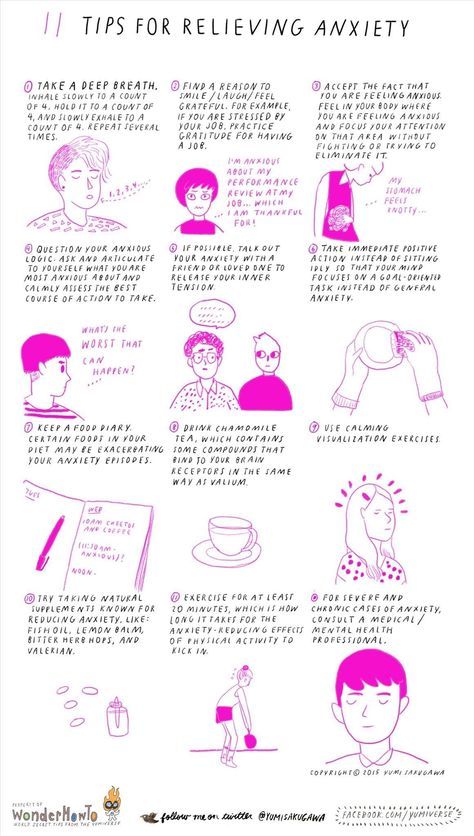 First, try to find out what causes anxiety. For example, you are worried about being fired from your job. Before you panic, look at the facts: look at the state of the market and the area in which your company operates, evaluate the workload at work now and predict the task plan for the next month. And this applies not only to work, but to any area in which you feel anxiety.
First, try to find out what causes anxiety. For example, you are worried about being fired from your job. Before you panic, look at the facts: look at the state of the market and the area in which your company operates, evaluate the workload at work now and predict the task plan for the next month. And this applies not only to work, but to any area in which you feel anxiety.
Usually such an exercise helps to see the true picture. If you understand that while everything is under control, you can exhale, if not, proceed to your detailing. Write out a detailed plan of action that will help you avoid uncertainty and tell you how to act in any situation:
-
Write down what skills you have and where they can be useful. For example, being an illustrator or photoshop, having a driver's license and owning a car, copywriting skills, etc.
-
Edit your resume and prepare some cover letters to the employer about yourself.
-
Build your own range of services, from the most preferred activities to the least interesting.
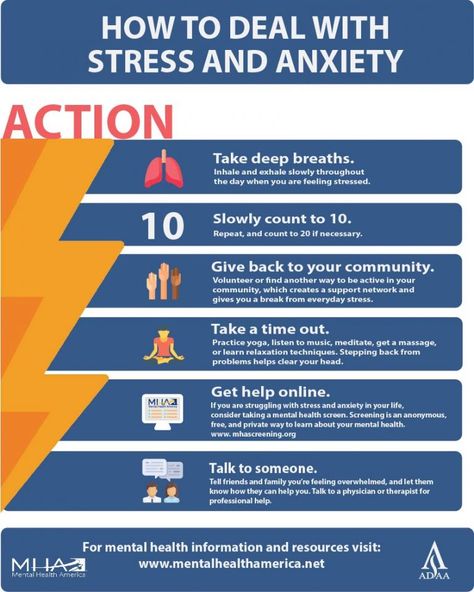
-
Leave a list of potential employers to whom you can offer your services. The bigger, the better.
-
Write to them!
The work done will help you feel more confident and have a plan to get out of a crisis situation.
Sometimes anxiety arises from the conviction that we will not cope with this or that action. A visual picture of your skills will always help to believe in yourself. When you read your list, you will realize that you can achieve a lot, despite the circumstances.
Read more: “4 things on your resume that will help the employer to choose you”
Use exposure therapy
A complex combination of words with a simple meaning - a meeting with your problem "on the forehead." It is important to understand that this is NOT a fight against a problem. The point is to acknowledge the existence of anxiety, not to get rid of it completely.
Don't ignore things that make you feel anxious. For example, to move up the career ladder, you need to learn English, but you haven’t opened your textbook for three days and you constantly scold yourself for it. This lowers your self-esteem and increases your anxiety about your success at work and in life.
For example, to move up the career ladder, you need to learn English, but you haven’t opened your textbook for three days and you constantly scold yourself for it. This lowers your self-esteem and increases your anxiety about your success at work and in life.
Give yourself a full day of rest without worries or self-criticism. Imagine that this is an official vacation or vacation. And then gradually get down to business: you can start with one page of English text per day or a five-minute video. Gradually, you will accustom your body to the load and develop a habit.
Keep a sleep schedule
It is during sleep that growth hormone is produced, which is responsible for the restoration of our body, including the nervous system. Especially if we go to bed before 12 o'clock at night.
The BBC TV show Trust Me I'm a Doctor, in collaboration with the University of Oxford, did a little experiment on how sleep affects our psychological state. The study involved people who are distinguished by "strong sleep".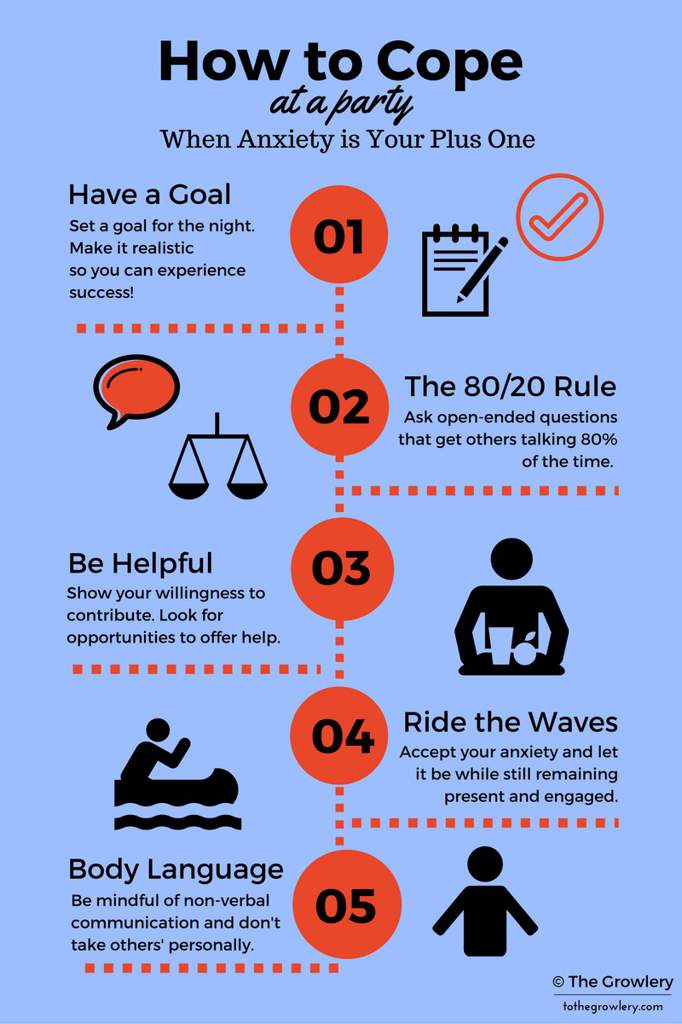 During the experiment, the participants were given conditions: in the first three nights they had to sleep for 8 hours, which is the norm, and the next three nights - for 4 hours. Every day, the subjects answered questions that helped determine changes in their psychological state, behavior and emotions. The results showed that after two nights of sleep deprivation, negative emotions began to predominate in the subjects, as well as an increase in distrust of others and aggression.
During the experiment, the participants were given conditions: in the first three nights they had to sleep for 8 hours, which is the norm, and the next three nights - for 4 hours. Every day, the subjects answered questions that helped determine changes in their psychological state, behavior and emotions. The results showed that after two nights of sleep deprivation, negative emotions began to predominate in the subjects, as well as an increase in distrust of others and aggression.
The study also shows that insomnia is not always the result of mental disorders, sometimes it is lack of sleep that provokes the appearance of psychological problems.
Switch
It is important to periodically switch from one activity to another - for example, from physical activity to mental activity. So, when you go in for sports, there is a restoration of brain functions due to the supply of oxygen. And with mental stress, the muscular system is restored by improving blood flow in the muscles.
A simple alternation of work and study with a little physical activity will improve the functioning of the body's metabolic processes, and at the same time speed up the restoration of the nervous system, contributing to its strengthening.
Meditate and breathe
Meditation and breathing are sure helpers in overcoming psychological instability. A Johns Hopkins University study found a relationship between meditation practice and reduced symptoms of depression and anxiety. The team of researchers found that the effect of meditation is comparable to the effect of depressants - in this case, being a more useful solution to the problem, as it does not cause side effects. Meditation also helps to switch the work of the brain and focus on yourself, and not on the "noise" around.
Breathing techniques are equally beneficial: they improve blood circulation and help to speed up the overall metabolism. Also, the deep breathing technique, combined with relaxation exercises, reduces nervous tension well.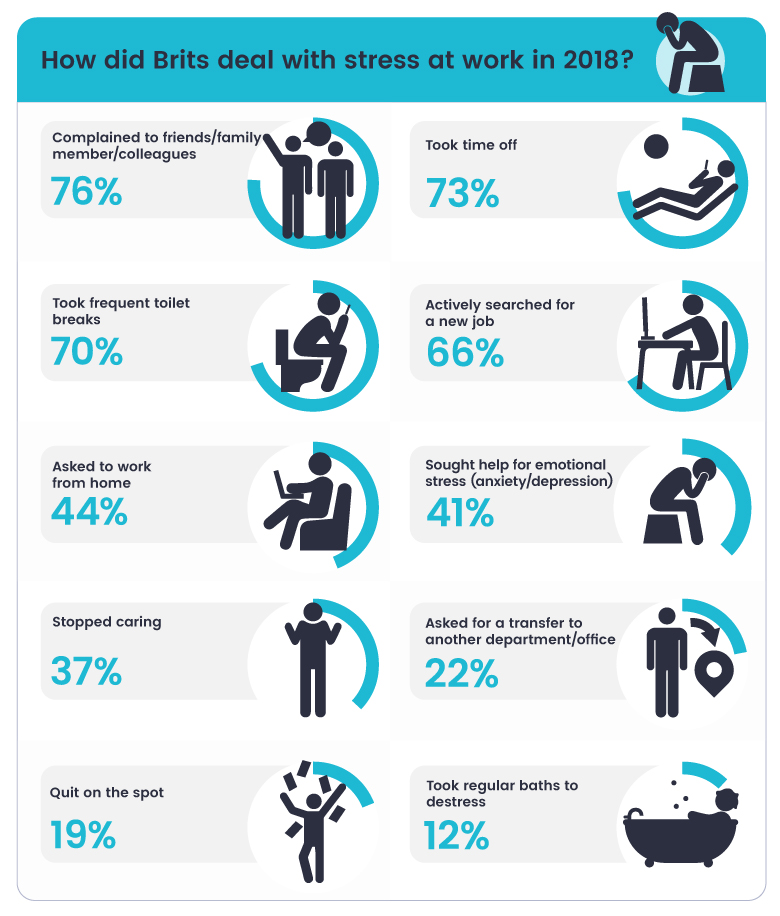
Abstract
Routine helps reduce anxiety. Engage in hobbies, watch movies, clean up, play sports - try to periodically disconnect from the news flow and take time for yourself and your body.
Read more: "What to do with a child at home at any age"
If your anxiety does not go away, consult a doctor - this way, you can quickly understand yourself and solve internal problems! Do not forget that your health is the most valuable thing and going to a specialist is an act that you do primarily for yourself.
How to get rid of increased anxiety
Now we are everywhere faced with anxiety, impotence, fear and panic - these feelings paralyze and make it impossible to breathe. How to distinguish anxiety from increased anxiety, to react sensibly to circumstances and get rid of constant anxiety?
The feeling of anxiety itself is natural for a person: experiencing it, our body suggests an approaching danger or a possible risk to life or health.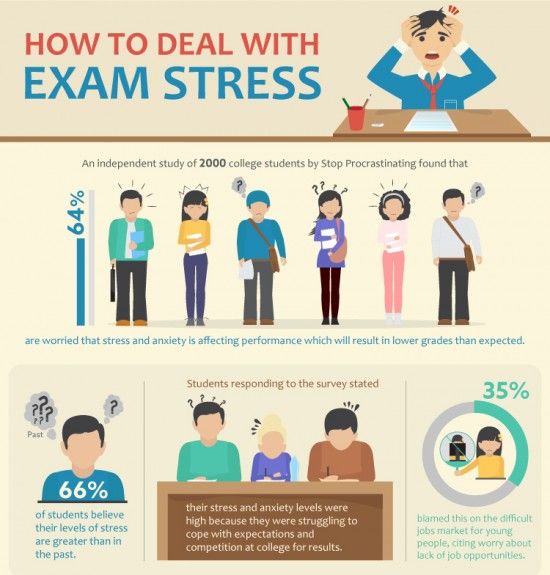 Anxiety, tension, fear - these emotions are absolutely normal in a stressful situation, but at the same time, they, experienced regularly, can talk about more serious mental problems, including mental disorders.
Anxiety, tension, fear - these emotions are absolutely normal in a stressful situation, but at the same time, they, experienced regularly, can talk about more serious mental problems, including mental disorders.
Anxiety — this word can describe a complex of negative emotions, including stress, panic, fear, concern and more — is normal and not dangerous for a person. These emotions can go into a state of anxiety disorder with their regularity and constancy: anxiety itself becomes, as it were, “chronic” due to genetic factors or environmental conditions and can be expressed in several forms.
A form of “chronic” anxiety is adaptive anxiety disorder, in which a person experiences stress and tension while trying to adjust to a stressful situation. Here we are talking about adaptation to a new, unfamiliar environment or living conditions: the slightest changes cause feelings of panic, confusion, anxiety. Generalized anxiety disorder often accompanies diagnosed depression: a constant feeling of anxiety is inevitably associated with an irrational fear for one's life, work, and future. Finally, experts single out an anxiety-phonic disorder accompanied by panic attacks: fear of a large crowd of people, fear of death, fear of a serious illness, the threat of which in reality may not even exist - only part of the anamnesis of people suffering from this form of disorder.
Generalized anxiety disorder often accompanies diagnosed depression: a constant feeling of anxiety is inevitably associated with an irrational fear for one's life, work, and future. Finally, experts single out an anxiety-phonic disorder accompanied by panic attacks: fear of a large crowd of people, fear of death, fear of a serious illness, the threat of which in reality may not even exist - only part of the anamnesis of people suffering from this form of disorder.
According to the American Anxiety and Depression Association, about 40 million American adults suffer from an anxiety disorder. In Russia, there are 9 million such people. These are only diagnosed cases: the number of people who regularly experience anxiety, but do not turn to specialists, can be much higher not only in Russia, but throughout the world.
Increased Anxiety: Checklist and Problem Markers
American anxiety specialist Jill Weber in her book Be Calm divides the signs of anxiety into several criteria. They can be related to feelings, behavior or even thoughts of a person. The easiest way to define your own anxiety is precisely on the first point: emotions such as anger, irritability, sadness, feelings of hopelessness or despair can signal that you will experience anxiety. Feelings can be not only mental, but also physical: palpitations or indigestion, as well as dizziness are additional markers of anxiety that a person may experience.
They can be related to feelings, behavior or even thoughts of a person. The easiest way to define your own anxiety is precisely on the first point: emotions such as anger, irritability, sadness, feelings of hopelessness or despair can signal that you will experience anxiety. Feelings can be not only mental, but also physical: palpitations or indigestion, as well as dizziness are additional markers of anxiety that a person may experience.
Anxiety can also manifest itself in human behavior and negatively affect the quality of life. Giving up favorite activities that used to bring pleasure, avoiding meeting people or important work events are just some of the examples of how anxiety can affect the daily routine of a person. Because of anxiety, a person feels that he is no longer able to perform daily activities - go to groceries or drive a car, and even do things that are unusual for him, says Weber. For example, in a stressful situation, he may refuse to communicate with friends, even if he is in the same room with them.
Thoughts are also an important set of signals that a person is experiencing anxiety. They can manifest themselves in irrational attitudes - for example, the conviction that if you don’t return home now and don’t check the iron, then the apartment will certainly burn down, winding yourself up (constant concentration on the negative aspects of the probable future), self-abasement (diffidence in yourself and your own abilities) .
Accompanied by stress and fear, the listed symptoms directly indicate that a person experiences precisely an increased feeling of anxiety - this condition can be dangerous, because it directly affects many areas of everyday life. A sign of excessive anxiety can also be regular modeling of situations like “What if ...”: a person tries to predict the worst scenario for the development of events, which may not even be related to reality, and, therefore, worsen his condition, because thoughts in this case are constantly focus only on a supposedly inevitable and bad future.
However, the mere fact that there is a feeling of anxiety does not indicate any problem: it is important that it is not only compatible with the criteria described by Weber, but that it is in itself distinguishable from fear. It, unlike anxiety, comes from “real threats from the outside world” and is rather momentary: a person understands what caused it, and realizes that, having found a way out of a stressful situation, fear will come to naught. Anxiety, on the other hand, is based on possible events, it is irrational and may have nothing to do with the surrounding reality, but it risks becoming a problem if a person overestimates the likely threats. “Anxiety is natural and is an adequate response if provoked by fear of a real danger. But if anxiety negatively affects your life and health: it develops into constant tension, anxiety, or avoidance of certain contacts or situations, then it ceases to be justified, ”the psychologist writes.
Related material
Causes of anxiety and ways to deal with it
Stanislav Raevsky, a psychoanalyst and creator of the Anti-Panic therapy app, shares feelings of anxiety and anxiety. So, according to him, anxiety informs a person about a danger or threat to life, health or property that must be avoided. Anxiety is more likely a character trait of people in whom this anxiety is more often manifested and more pronounced. “Anxiety can be stimulated by situations that only in fantasy are a danger, but in reality they do not carry such a threat,” Raevsky says.
It is useless to drive away anxiety from yourself: if you close the door to your consciousness, it will come through the window, in your dreams or other symptoms and will only develop relatives, health and property.“Anxiety triggers can be different, the fact of the threat of war and the fear of it can be very strong - this is how it is in all of us,” the psychoanalyst emphasizes.
The media not only increase anxiety, but also exploit it. “Our psyche is so arranged that it is something terrible, disturbing that attracts us most of all. We are automatically included in this stronger than in some kind of sexual stimulus or food. We are interested in what can scare, so people cannot take their eyes off the conditional accident, the modern news feed consists of what exploits anxiety, what makes your anxiety turn on, ”says Raevsky.
“It is useless to drive anxiety away from yourself: if you close the door to your consciousness, it will come through the window, in your dreams or other symptoms, and will only develop. It’s just pointless to drive her away - it’s best to go to a psychologist, ”the specialist notes.
However, in some cases, a person can overcome anxiety on their own, and Raevsky offers some tips for those who want to cope with this feeling on their own.
- When dealing with anxiety, you do not need to calm yourself down. This rarely works out, so it's better, on the contrary, to imagine the worst thing that can happen, understand the consequences of this and accept them. If you are afraid that the current situation will hit your well-being, you need to think about how you can cope with this blow. By imagining a terrible situation and living it, we do not chase away anxiety, but, on the contrary, we accept it.
- We worry not only with the head, but also with the body, so it is important to learn to relax and be aware of your breathing. It determines how much we worry. We breathe often - anxiety is present, we breathe evenly and calmly - it becomes less.

Raevsky and his fellow psychologists posted detailed instructions to help cope with anxiety in the Antipanika app. Breathwork will help you deal with panic, anxiety, and emotional stress, and experts suggest the following ways:0003
- through breath holding: slow inhalation - delay for 7 seconds - slow exit;
— by counting: while inhaling, count to yourself from one to four, repeat the same count while holding your breath and exhaling;
- through slow breathing: inhale slowly, exhale slowly, then hold for 7 seconds and repeat the steps.
Panic attack during anxiety is an absolutely normal and safe reaction of the body: you should not be afraid of it.
It is important to remind yourself of this during such an attack: you need to say to yourself that the onset attack is not dangerous for your health, it will not last forever and will end in 20-30 minutes. When panicking, a person begins to breathe rapidly, so it will be effective to try to slow down breathing so that the blood is not oversaturated with oxygen and this does not lead to dizziness or numbness of the skin. After the attack, the psychologist recommends trying to analyze your emotions, trying to understand what exactly causes your fear, how rational it is, whether it can be realized right now - this will help you understand that what a person is afraid of will not happen at this very moment. It is important to write down the thoughts that are spinning in the victim’s head at this moment in order to analyze them again later.
Experts from the American psychological resource Mayo Clinic Health System also give their advice to those who suffer from anxiety.
So, in order to defeat the regular feeling of anxiety, or at least reduce its severity, experts suggest:
- increase physical activity - create a new habit of playing sports on a daily basis;
- give up cigarettes or caffeinated drinks as they increase anxiety together with nicotine;
- identify triggers - study what situations and events become the starting point of experiences, and write them down along with the emotions that the person experienced. It is best to deal with stress itself together with a psychologist who will select an individual way for the client to deal with anxiety.
The American Depression and Anxiety Association has similar recommendations. So, psychologists suggest openly expressing your emotions to relatives and friends, and not hiding them.



